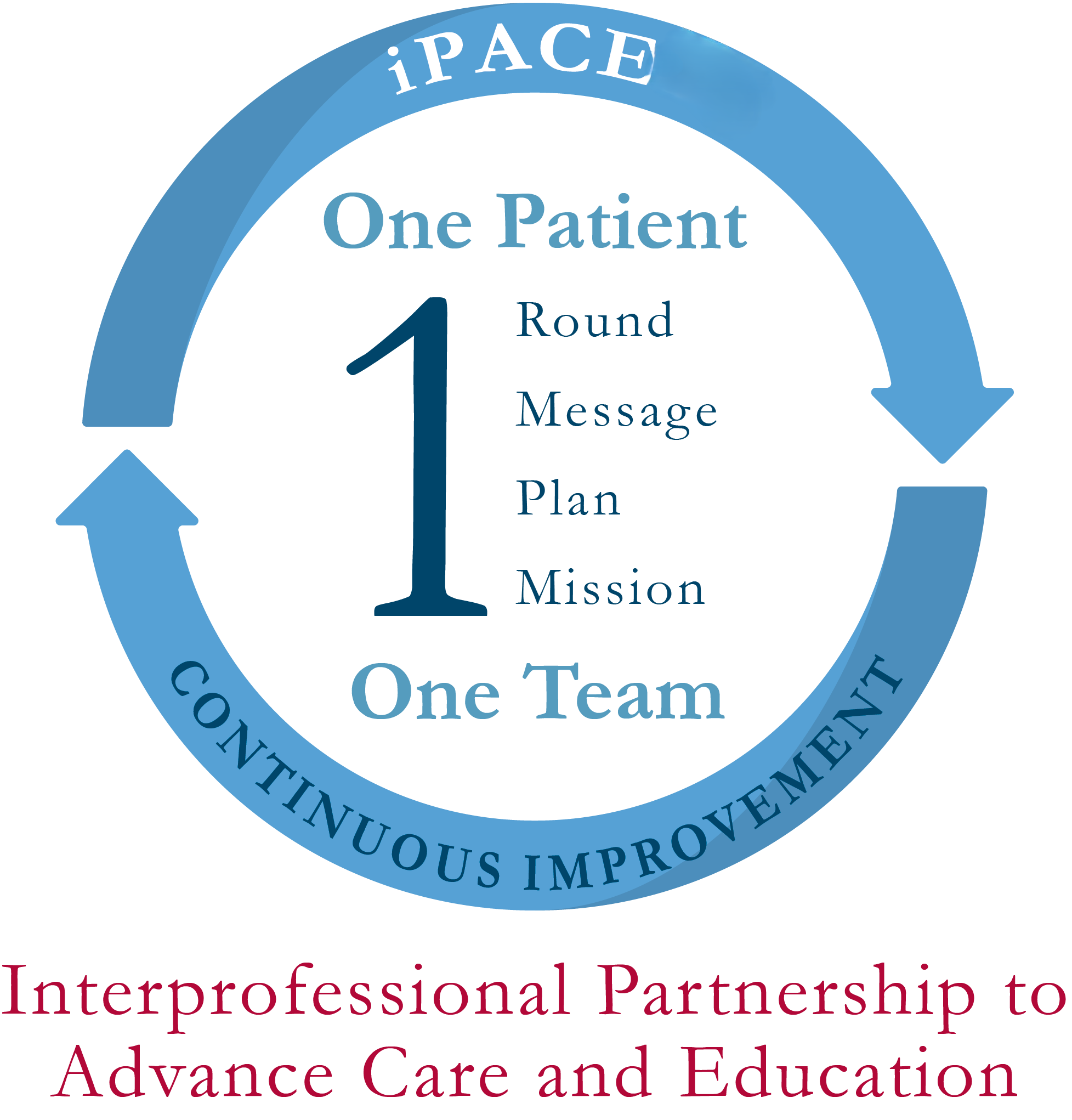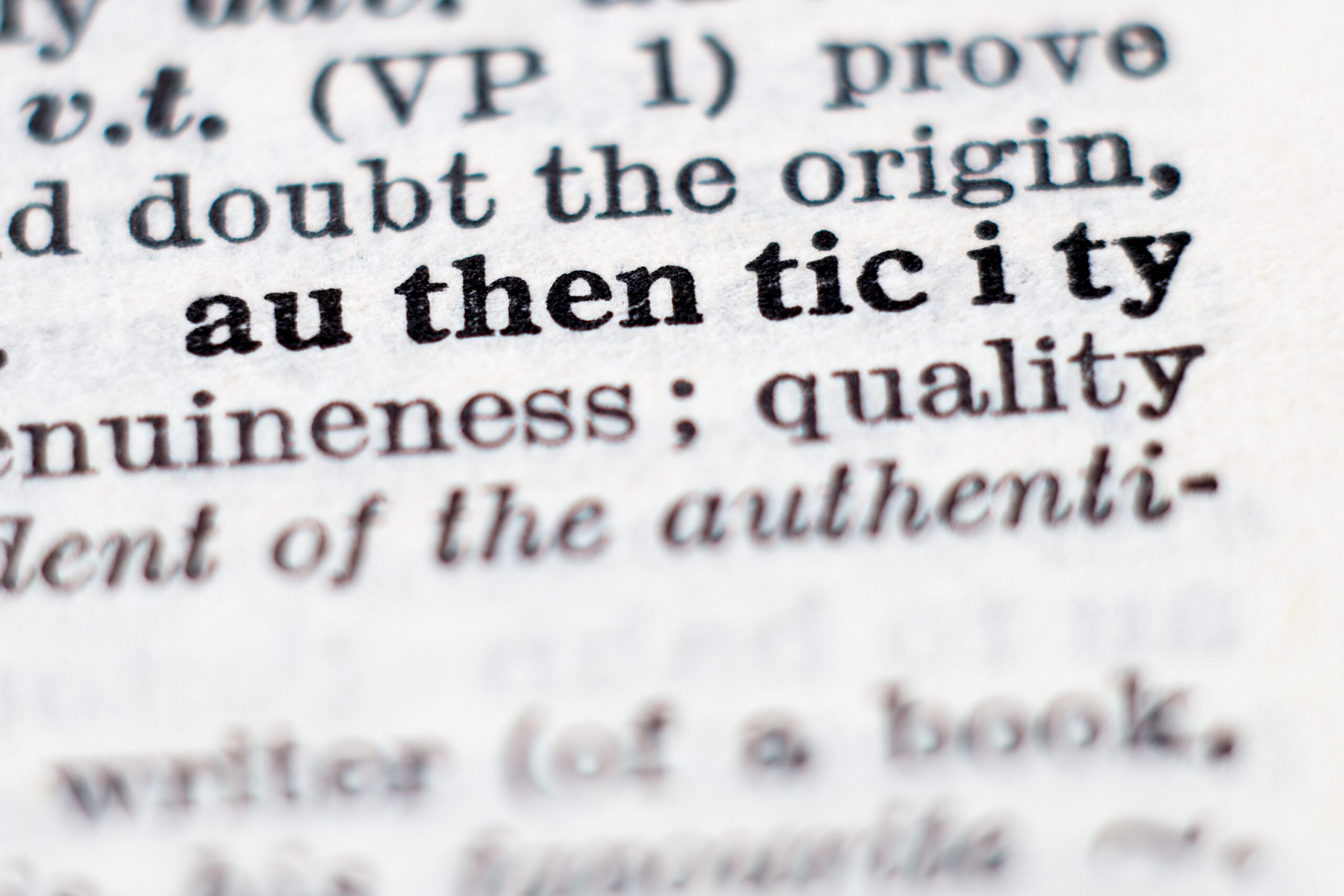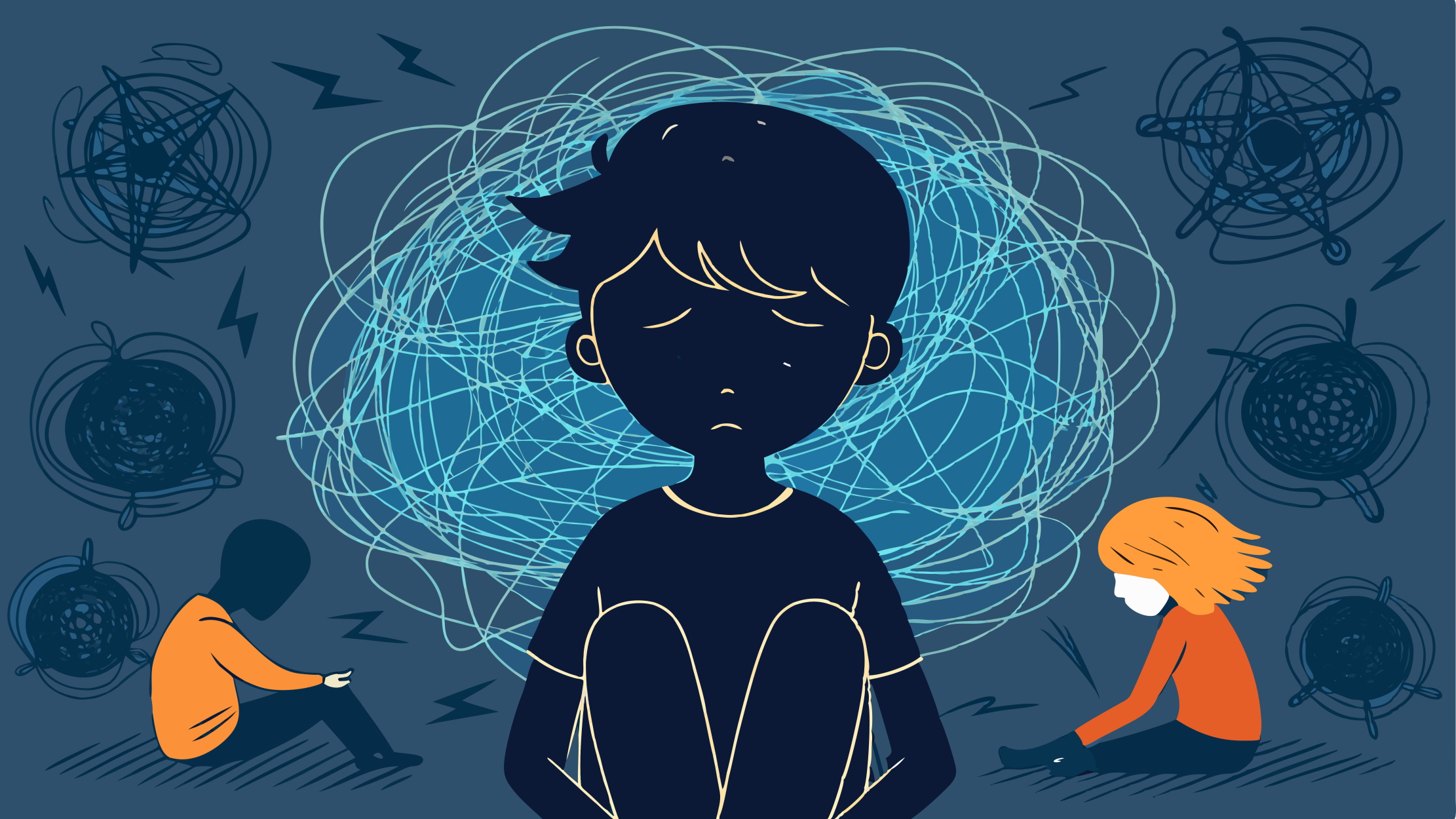The Brain, The Body And Mathematics – Dr Korbinian Moeller, Leibniz – Institut Für Wissensmedien
Original Article Reference:
https://doi.org/10.33548/SCIENTIA389
Share Episode
About this episode
This work is licensed under a Creative Commons Attribution 4.0 International License. 
What does this mean?
Share: You can copy and redistribute the material in any medium
or format
Adapt: You can change, and build upon the material for any
purpose, even commercially.
Credit: You must give appropriate credit, provide a link to the
license, and indicate if changes were made.
Related episodes
Dr. Sarah Hallen | The patient will see you all now: redesigning clinical learning for better outcomes
If you picture doctors making their daily rounds through hospital floors, you might imagine a single doctor standing by a bedside, examining a patient’s chart, or perhaps a group of doctors discussing a case right outside a patient’s room. However, the future of hospital care may well look more like a well-choreographed team effort, with doctors, nurses, pharmacists, students, and patients themselves, all in the same room, and all working as one team. This is exactly what Dr. Sarah Hallen and her colleagues at MaineHealth Maine Medical Center Portland envisioned when they created the iPACE model, short for Interprofessional Partnership to Advance Care and Education. Launched in 2017, this model is not just changing how doctors are trained; it’s leveraging team synergies to reshape what it means to deliver healthcare.
Dr Kerstin Liesenfeld | How do we develop and maintain authenticity throughout our lives?
As our world becomes increasingly complex, the need for genuine self-development and “inner work” grows more important. Dr Kerstin Liesenfeld and colleagues at the Liesenfeld Research Institute explore how people develop and maintain authenticity throughout their lives. Their research reveals that authentic development follows distinct patterns and stages, occurring at different rates across various aspects of our personalities. This understanding could help shape more effective approaches to personal development and coaching.
Dr. Carlos Lastra | A Silent Struggle: Understanding Childhood Anxiety During the COVID-19 Pandemic
In early 2020, the world changed almost overnight. As COVID-19 swept across the world, homes were repurposed as schools, playgrounds and classrooms were abandoned, and family routines changed utterly or vanished. People were forced to adapt to remote working, many lost their jobs, and a significant proportion of us experienced anxiety about the virus that had turned the world upside down. However, amid this pandemonium, one group of people was especially vulnerable: children. We often think of childhood as a carefree time, protected from responsibilities, worries and burdens. However, the pandemic shattered this illusion. For many children, it caused confusion, isolation, and fear. Recognizing the need to understand this impact, Dr. Carlos Lastra and his team of researchers at Saint Peter’s University Hospital in New Jersey, undertook an essential study: assessing how the pandemic affected anxiety levels in children and adolescents.
Prof. Olya Bryksina | The Essence of Team Spirit: Why Helping Others in a Group Can Be More Motivating Than Helping Yourself
Are we primarily motivated by self-interest, or can activities that advance the progress of others provide similar or even greater levels of motivation? Logically, it would seem that people are most motivated to achieve specific goals when they are doing things that benefit themselves. Examples include studying for an exam, doing regular physical exercise, or working toward a career milestone; all activities that have tangible and readily apparent benefits for the individual pursuing them. Consequently, many of us would tend to believe that personal progress is our biggest driver. However, a recent study by Prof. Olya Bryksina from the University of Winnipeg reveals a surprising twist in how motivation works, especially when we’re part of a group. In her innovative research, published in Motivation Science in 2025, Professor Bryksina explores a question many of us encounter daily but rarely think deeply about: What makes people put in effort when working toward a shared goal as part of a group? Her findings suggest something profound, that helping others in a group can be more motivating than helping ourselves.
Increase the impact of your research
• Good science communication encourages everyday people to be scientifically literate so that they can analyse the integrity and legitimacy of information.
• Good science communication encourages people into STEM-related fields of study and employment.
• Good public science communication fosters a community around research that includes both members of the public, policymakers and scientists.
• In a recent survey, 75% of people suggested they would prefer to listen to an interesting story than read it.

Upload your science paper
Step 2
SciPod script written
Step 3
Voice audio recorded
Step 4
SciPod published




